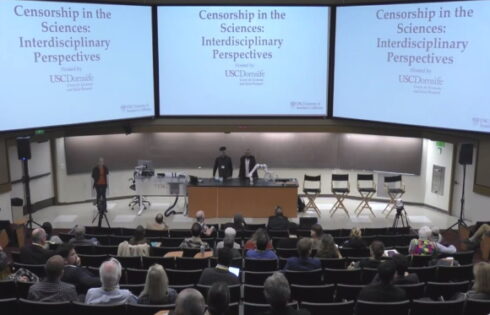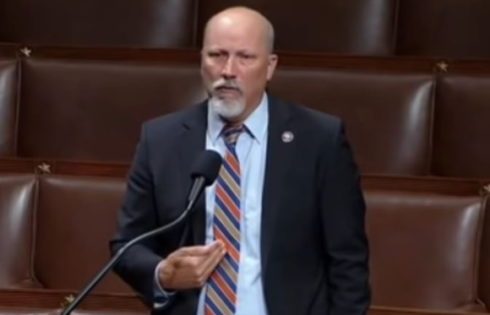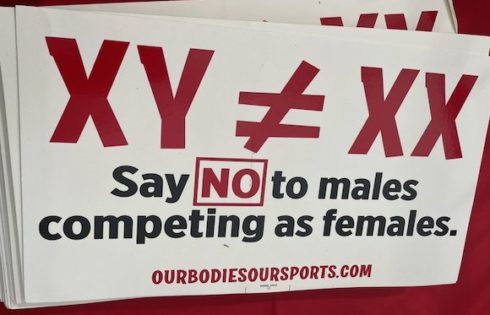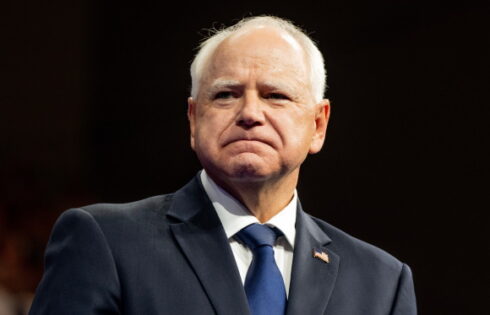
Someone needs to give Susan Dynarski a primer in how to read survey results.
The University of Michigan professor of education, public policy and economics managed to twist a survey to say the exact opposite of its results in her New York Times “Upshot” column Friday, titled “Free Market for Education? Economists Generally Don’t Buy It.”
Dynarski doesn’t like school vouchers, and it leads her to con readers into thinking economists don’t, either. She cited a 2011 survey of elite university economists by the University of Chicago school of business:
Only a third of economists on the Chicago panel agreed that students would be better off if they all had access to vouchers to use at any private (or public) school of their choice.
As Robby Soave at Reason points out, that’s a rather creative interpretation of what those economists actually said (citing analysis by Slate Star Codex):
A chunk of economists—37 percent—couldn’t say for sure whether vouche[r]s would improve educational outcomes. That’s not so surprising: education reform is a complicated issue and economists are thorough, cautious people.
MORE: UMich basketball legend Jalen Rose testifies for school choice
Here’s the exact survey statement economists were asked to evaluate:
Public school students would receive a higher quality education if they all had the option of taking the government money (local, state, federal) currently being spent on their own education and turning that money into vouchers that they could use towards covering the costs of any private school or public school of their choice (e.g. charter schools).
Here’s the actual breakdown: 36 percent agree or “strongly” agree, 37 percent “uncertain,” 19 percent disagree or “strongly” disagree. When weighted by economists’ confidence in their assertion, it’s 41-35-23.
So as Slate Star Codex says, the more accurate summary would be “About twice as many economists believe a voucher system would improve education as believe that it wouldn’t”:
(note also that the options are only “agree that vouchers will improve education” and “disagree that vouchers will improve education”, so that it’s unclear from the data if any dissenting economists agree with the Times’ position that vouchers will make things worse. They might just think that things would stay the same.)
MORE: Progressives mad that parents like – and use – school choice
Soave also read through the economists’ individual comments on school vouchers, and sees an even greater intent to mislead by Dynarski:
[I]t seems pretty clear that those who were “uncertain” did think school vouchers would improve outcomes for a lot of kids, they just thought it was hard to quantify the overall effect. “I think the majority of public school students would be better off, but certainly not all,” wrote one economist. “The question is ambiguous about the percent.” You can judge for yourself whether the responses should be further weighted toward the pro-voucher position.
In a tweet, Dynarski not only made light of this basic criticism of her attempt to mislead readers, but she misled them again – implying the rather brief Slate Star Codex analysis is an alt-right opus. (The “28,000 words” apparently refers to the comments section. Who knows why that’s relevant to the analysis.)
Fun! 28,000 words arguing whether this headline is misleading.
Favorite: my article is worse than Pizzagate.https://t.co/dOmoOjQfIh pic.twitter.com/dqFfCamXk1
— Prof Dynarski (@dynarski) December 31, 2016
Soave isn’t sure that Dynarski is trustworthy at all when it comes to evaluating what economists think, since she also conflates the free market (i.e. vouchers) with
an anarcho-capitalist delusion that would gut public education and leave children to become feral and illiterate. In reality, school vouchers represent exactly the sort of “balance between free market competition and regulation” that economists [and Dynarski] support. Under a voucher system, education is still publicly funded. Many schools are still run by the government. Those that are not explicitly run by the government are still subjected to considerable regulation. …
Supporters of school choice are not extremists. They do not want to destroy public funding for education, or leave children to fend for themselves. They have merely observed that a specific model—forcing kids to attend a specific school that comports with the zip code assigned to them at birth—is inefficient, immoral, and prone to abuse. There has been too much top-down government management, and not enough competition, in the American education system. Reforms, like the voucher system, are a necessary corrective. They provide balance between government and privatization.
Read Dynarski’s column, Soave’s Reason rebuttal and Slate Star Codex‘s analysis. Here’s the original UChicago survey.
MORE: School-choice groups wins open-records lawsuit against school district
Like The College Fix on Facebook / Follow us on Twitter
IMAGE: David Carillet/Shutterstock






Please join the conversation about our stories on Facebook, Twitter, Instagram, Reddit, MeWe, Rumble, Gab, Minds and Gettr.